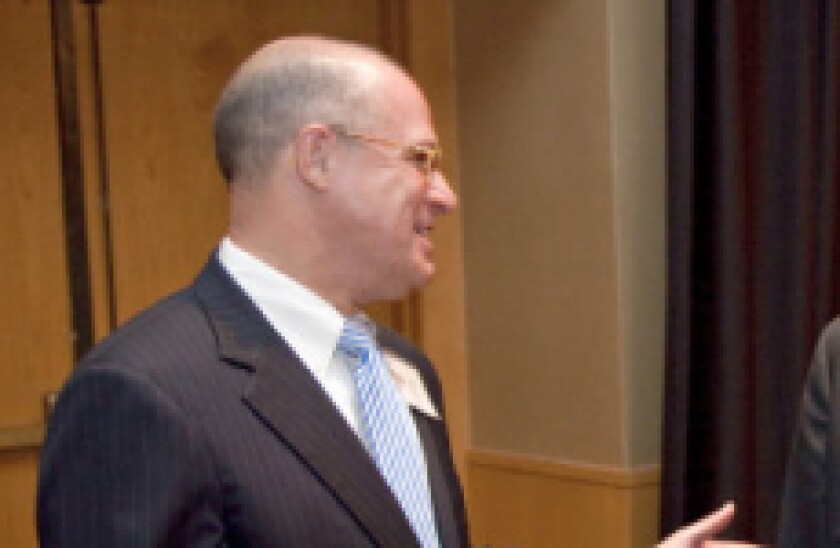The process of policy making is a long one. As Giancarlo has found, even when a reformer dedicates hours of study and practical engagement to an issue, it is very hard to craft proposals that please everyone they will affect.
A run of New York meetings at the start of the year made clear that the proposed rule changes did not have the full backing of market participants. Now, with his chairmanship possibly up in April, Giancarlo could end up leaving office with only small advances made in his quest for SEF reform.
But that wouldn’t be a cause for shame. To start with, Giancarlo’s chairmanship of the CFTC has been much hampered by politics. The CFTC has been a full and functioning commission only since August. It has taken almost two years to get to that position, with one commissioner resigning in exasperation back in June 2017.
There have also been government shutdowns and unsatisfactory budgets to contend with.
The CFTC’s mission is “to foster open, transparent, competitive, and financially sound markets”. Part of this mandate should undoubtedly involve efforts to improve regulation where possible. But these efforts should not come at the price of being hasty and rushing to get results in the manner of a politician trying to leave a mark on something, or a CEO trying to deliver a good quarter’s earnings.
Regulation should be allowed the time needed to create solid market foundations. It may be that Giancarlo has to hand the baton of reform to a successor and that the final rules will deviate from those he proposed. But that would be better than a rushed rulebook.

